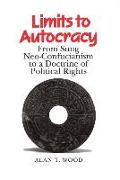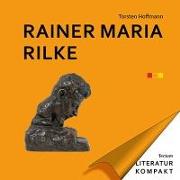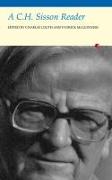- Start
- Limits to Autocracy
Limits to Autocracy
Angebote / Angebote:
Many modern scholars of Chinese history, and many Chinese intellectuals throughout the twentieth century, have charged neo-Confucianism with laying the ideological foundations for the growth of autocracy in China. They have especially condemned neo-Confucian political thinkers of the Northern Sung dynasty (960-1127) who promoted a policy of "revering the emperor and expelling the barbarian" (tsun-wang jang-i), accusing them of having advocated a doctrine of unconditional obedience to the ruler and thereby inhibiting the rise of democracy in China. In Limits to Autocracy Alan T. Wood leads readers to a reconsideration of this prevalent view by arguing that Sung neo-Confucianists did not intend to enhance the power of the emperor but limit it. Sung political thinkers, who embedded their most important ideas in commentaries on the Confucian classic the Spring and Autumn Annals, believed passionately in the existence of a moral cosmos governed by universal laws accessible to human understanding. These laws, they believed, transcended the ruler and were not subject to his authority. By affirming the existence of a moral law higher than the ruler, this neo-Confucian doctrine could be used to set limits to his power rather than indulge it. Wood makes a striking comparison of this view with a similar doctrine of universal morality - natural law - that also provided a basis for limiting the power of the ruler and ultimately gave rise to a doctrine of human rights in Europe.
Folgt in ca. 15 Arbeitstagen




